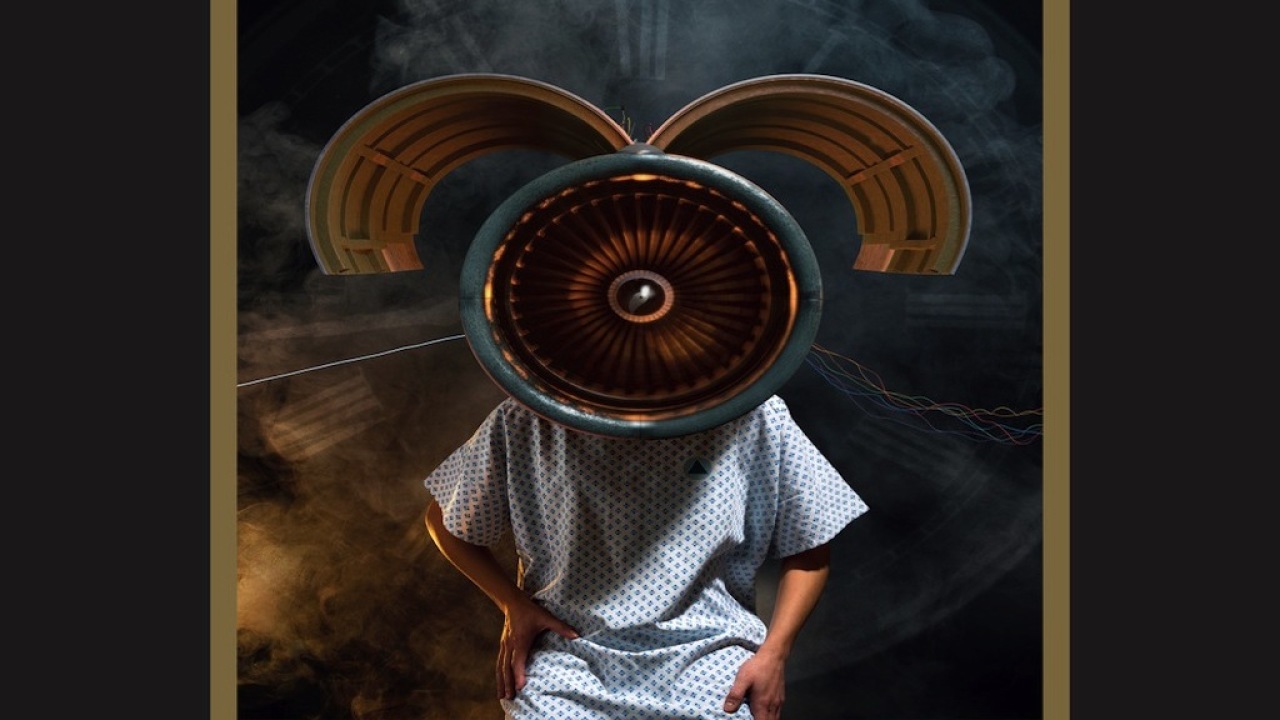On paper at least, the combination of one of the UK’s finest playwrights, sharp-suited thespian Bill Nighy and Radio 2 may not seem like key components for a high-concept prog rock creation, but when Pink Floyd’s gazillion-selling, epoch-making Dark Side Of The Moon is the musical totem around which they circle, then you would hope the results are going to be, at the very least, interesting.
Commissioned to write a play by Radio 2 to celebrate the 40th anniversary of every bedroom stoner’s favourite, Tom Stoppard – a knighted writer of international renown who’s known for tackling Big Themes – has thrown himself into the ethereal and auditory world of Floyd’s classic to create this oddity, first broadcast in August 2013 and now lavishly presented as an album and script.
But what is it about exactly? It’s hard to say. Stoppard has adopted a quasi-psychedelic, stream-of-consciousness approach that eschews anything as straightforward as a linear narrative. Instead he bravely uses the music of the album to underpin the work and to draw emotional cues from. Characters with names like Ethics Man, Banker and Politician take place in ‘thought experiments’ through which they discuss the album’s philosophical issues such as conflict, greed and loneliness with lead character Emily. We Will Rock You it isn’t (thank Christ).
Perhaps it is because the spirit of the band is so strong that Darkside feels like an experimental drama from the early 70s, when the hippies and heads managed to infiltrate the BBC and broadcasting took a turn for the strange. But it’s 2013 now, and heard today this feels a little as if The League Of Gentlemen’s theatrical troupe Legz Akimbo has been let loose on the radio.
If this all sound gloriously entertaining then listeners might be slightly disappointed. Over and in between the lilting sounds of the likes of Time, Money and Us And Them there are ruminations and abstractions on Kant and Nietzsche and various moral quandaries are mooted. All of which is fine, yet for all its pedigree the script seems to be somewhat lacking. There’s no central conceit, such as those that bolstered, say, Tommy, Quadrophenia, War Of The Worlds or Pink Floyd’s own other conceptual landmark, The Wall. Instead we get snatched snippets of somewhat pretentious dialogue, and that omission weakens the entire concept.
Darkside is only half a play and half an album. Together they make a mutant entity that is certainly worth investigating if you like experimental drama, but which possibly ultimately works best when heard just once on the radio. In passing. While washing up.
